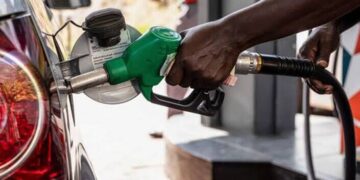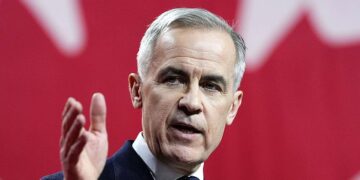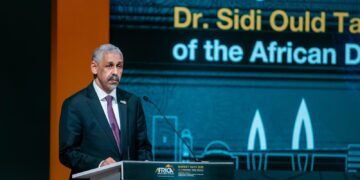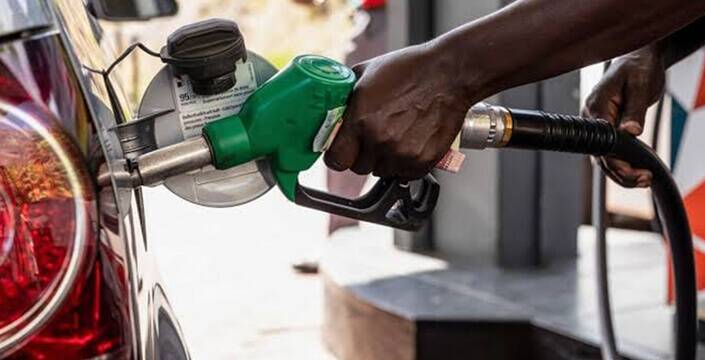By Ebi Kesiena
Egypt has raised the prices of several fuel products for the second time this year, as part of its efforts to cut subsidies and narrow the growing budget deficit. The latest adjustment, published in the country’s official gazette on Friday, showed price hikes ranging from 10.5 to 12.9 per cent across petroleum products.
According to the Ministry of Petroleum, the government will keep domestic fuel prices unchanged for at least a year following this increase. The ministry explained that the decision was influenced by ongoing local, regional and global developments affecting the energy market.
It said Egypt’s petroleum sector would continue operating refineries at full capacity, settling outstanding payments to partners, and introducing incentives to boost output while reducing import costs.
Diesel, one of the country’s most widely used fuels, rose by 2 Egyptian pounds to 17.50 pounds per litre, up from 15.50 pounds. Petrol prices also went up, with 80-octane fuel now at 17.75 pounds per litre, 92-octane at 19.25 pounds, and 95-octane at 21 pounds.
The government has pledged to gradually align domestic energy prices with market costs by December as part of its ongoing economic reforms. Despite this, it will continue subsidising diesel, even if that requires increasing the prices of other fuels to balance the subsidy.
The International Monetary Fund (IMF), which approved an $8 billion loan for Egypt, has urged the government to reduce fuel, electricity and food subsidies while expanding social protection programmes.
In the second quarter, Egypt’s current account deficit stood at $2.2 billion, according to data from the central bank, with oil product imports rising to $500 million from $400 million a year earlier.



































